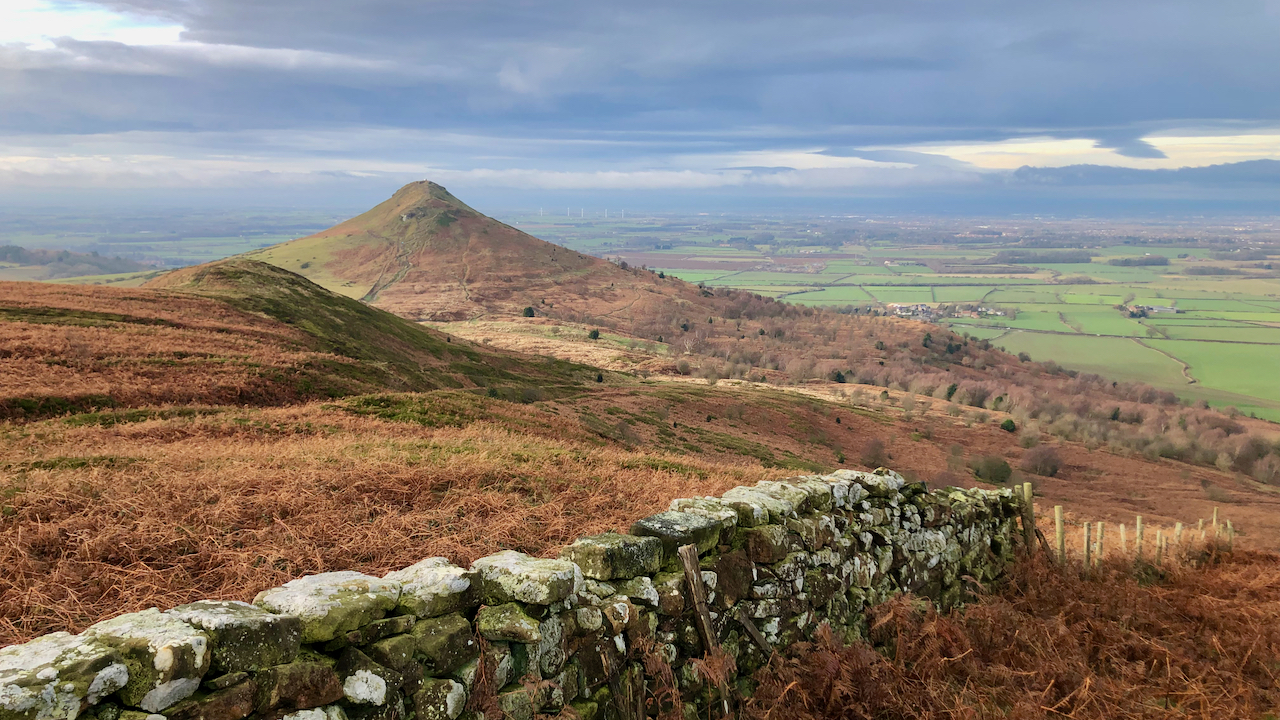But I won’t quote the National Bard of Scotland’s poem most associated with Burns Night and recited worldwide on this day: ‘Address to a Haggis‘.
Instead a poem in which Burns reflects on the treatment of nature and the fortunes ‘Of Mice and Men’, a line later immortalised in the title of John Steinbeck’s 1937 novel.
TO A MOUSE
On turning her up in her nest with the plough, November 1785Wee, sleekit, cowran, tim’rous beastie, 1sleek
O, what a panic’s in thy breastie!
Thou need na start awa sae hasty,
Wi bickering brattle!2hurry
I wad be laith to rin an chase thee,
Wi murdering pattle! 3plough spadeI’m truly sorry man’s dominion
Has broken Nature’s social union,
An justifies that ill opinion,
Which makes thee startle
At me, thy poor, earth-born companion,
An fellow mortal.I doubt na, whyles, but thou may thieve; 4sometimes
What then? poor beastie, thou maun live! 5must
A daimen icker in a thrave 6ear of corn, bunch
’S a sma request;
I’ll get a blessin wi the lave, 7remainder
An never miss’t!Thy wee-bit housie, too, in ruin!
Its sill wa’s the wins are strewin!
An naething, now, to big a new ane, 8build
O foggage green! 9grass growing after hay
An bleak December’s win’s ensuin,
Baith snell an keen! 10bitterThou saw the fields laid bare an wast,
An weary winter comin fast,
An cozie here, beneath the blast,
Thou thought to dwell,
Till crash! the cruel coulter past
Out throu thy cell.That wee bit heap o leaves an stibble,
Has cost thee monie a weary nibble!
Now thou’s turn’d out, for a’ thy trouble,
But house or hald,
To thole the winter’s sleety dribble, 11put up with
An cranreuch cauld! 12hoar frostBut Mousie, thou art no thy lane,
In proving foresight may be vain:
The best-laid schemes o mice an men
Gang aft agley, 13often go awry
An lea’e us nought but grief an pain,
For promis’d joy!Still, thou art blest, compar’d wi me!
The present only toucheth thee:
But Och! I backwards cast my e’e, 14eye
On prospects drear!
An forward, tho I canna see,
I guess an fear.
The Scots dialect is hard to read so here’s my understanding.
It’s the story about a harvest mouse which nest is destroyed by a plough. The farmer considers putting it out of his misery with his ‘pattle’ — the spade carried to clean the blade of the plough. Instead he apologises to the mouse and appreciates that it will be forced to ‘thieve’, or steal, in order to survive. But the farmer will hardly miss the ear of corn (‘daimen icker’) that the mouse would take while he has the rest (‘lave’) of the bundle (‘thrave’).
With winter approaching, the mouse thought it was warm and cosy in its nest but now doesn’t have the materials with which to build (‘big’) a new nest. It didn’t predict this catastrophe.
The ‘best-laid‘ plans can take an unexpected turn and leave us nothing ‘but grief an pain‘.
- 1sleek
- 2hurry
- 3plough spade
- 4sometimes
- 5must
- 6ear of corn, bunch
- 7remainder
- 8build
- 9grass growing after hay
- 10bitter
- 11put up with
- 12hoar frost
- 13often go awry
- 14eye

Leave a Reply